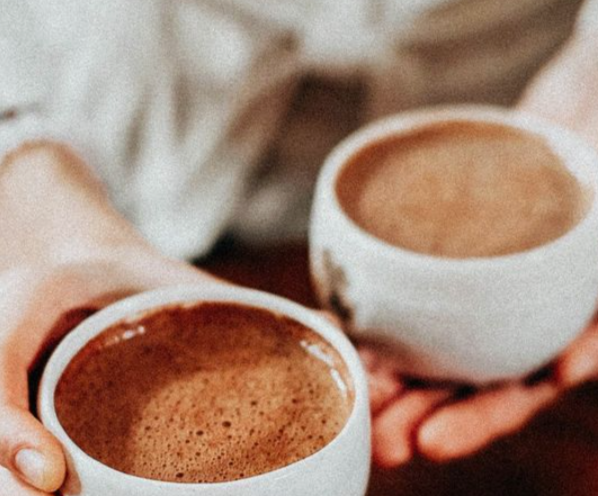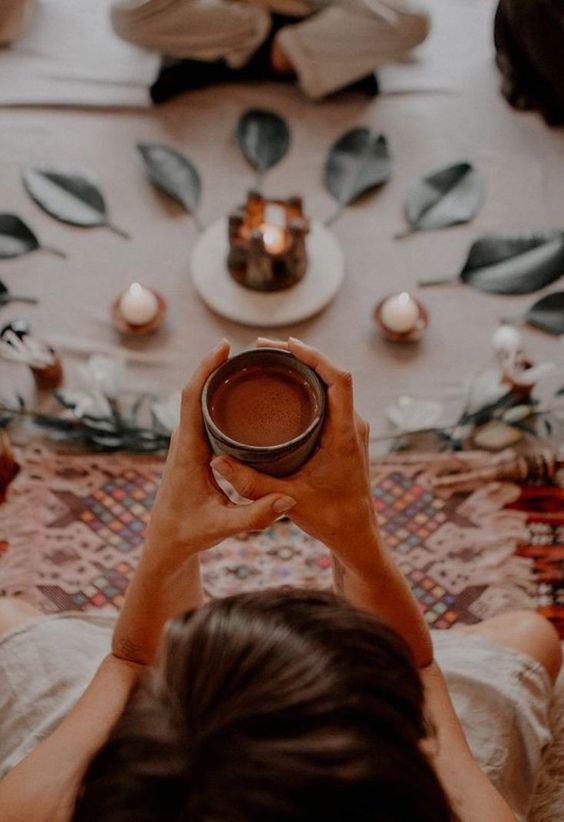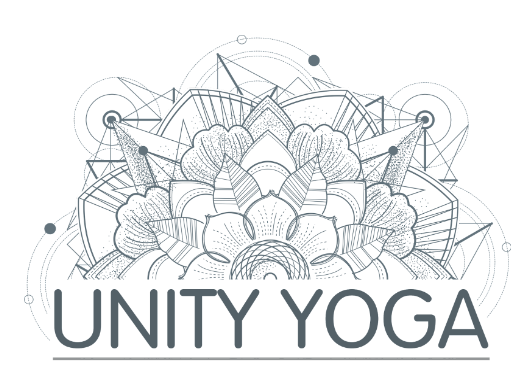The Ancient Roots of Cacao
The story of cacao begins in the deep rainforests of Central and South America, where it was first discovered thousands of years ago. The Mayans and Aztecs revered cacao as a divine gift, using it not only as a ceremonial drink but also as a form of currency. The Latin name for the cacao tree, Theobroma cacao, literally translates to “food of the gods,” reflecting its esteemed status in these ancient civilizations.
Cacao was traditionally prepared as a bitter, frothy drink mixed with spices or corn puree. It was far from the sweet chocolate we know today. This sacred drink was believed to be a source of strength, vitality, and wisdom, often consumed by warriors before battle and used in religious rituals.
The love affair with cacao took a pivotal turn with the Spanish conquest of the Aztecs. The Spaniards brought cacao back to Europe, where it was initially used as a medicine and later evolved into a luxury item among the European elite. Over time, with the advent of industrial processing methods, cacao was transformed into the chocolate that is widely enjoyed today.
The love affair with cacao took a pivotal turn with the Spanish conquest of the Aztecs. The Spaniards brought cacao back to Europe, where it was initially used as a medicine and later evolved into a luxury item among the European elite. Over time, with the advent of industrial processing methods, cacao was transformed into the chocolate that is widely enjoyed today.

A Powerhouse of Benefits
Cacao is renowned for its rich nutritional profile, offering numerous health benefits:
Rich in Antioxidants: Cacao is packed with flavonoids, antioxidants that help combat free radicals and reduce oxidative stress.
Heart Health: Regular consumption of cacao has been linked to reduced risk factors for heart disease, thanks to its ability to improve vascular function and reduce blood pressure.
Mood Enhancer: Cacao is a natural source of theobromine and phenylethylamine, compounds that boost endorphins and serotonin levels in the brain, enhancing mood and combating depression.
Mineral-Rich: It’s a significant source of essential minerals such as magnesium, iron, potassium, and calcium.

Choosing and Using Cacao
When incorporating cacao into your diet, it’s important to differentiate between common processed chocolate and raw cacao. Raw cacao products, such as cacao nibs, cacao powder, and cacao beans, retain most of their nutritional benefits and can be used in a variety of ways, from smoothies to baking.
The best place I have found to get ceremonial grade cacao is RitualCacao.co.uk
From its ancient ceremonial roots to its status as a modern superfood, cacao continues to enchant us with its rich history, complex flavor, and profound health benefits. Whether sipped as a warm, comforting beverage, used in a ceremonial context, or enjoyed as a nutritious snack, cacao remains a timeless treasure, offering a glimpse into the mystical and an opportunity to nourish body and soul.
The best place I have found to get ceremonial grade cacao is RitualCacao.co.uk
From its ancient ceremonial roots to its status as a modern superfood, cacao continues to enchant us with its rich history, complex flavor, and profound health benefits. Whether sipped as a warm, comforting beverage, used in a ceremonial context, or enjoyed as a nutritious snack, cacao remains a timeless treasure, offering a glimpse into the mystical and an opportunity to nourish body and soul.
Embrace the magic of cacao and let it transform not just your palate but also your well-being.
Today, cacao is making a resurgence in wellness circles, not just as an ingredient in desserts but as a superfood with profound health benefits. Cacao ceremonies, inspired by ancient rituals, have become popular in wellness communities. These ceremonies often involve consuming cacao in a mindful, intentional setting, fostering a sense of connection, and opening the heart.
Today, cacao is making a resurgence in wellness circles, not just as an ingredient in desserts but as a superfood with profound health benefits. Cacao ceremonies, inspired by ancient rituals, have become popular in wellness communities. These ceremonies often involve consuming cacao in a mindful, intentional setting, fostering a sense of connection, and opening the heart.
While cacao is a nutritious superfood for many, there are certain conditions and situations where consumption should be approached with caution or avoided.
Here’s a list of who might want to avoid or limit cacao intake:
Here’s a list of who might want to avoid or limit cacao intake:
People with Allergies to Cacao or Chocolate: Some individuals may have allergies to cacao or components in chocolate. Symptoms can include skin reactions, digestive distress, or respiratory problems.
Individuals with Caffeine Sensitivity: Cacao contains caffeine and theobromine, both of which are stimulants. People who are sensitive to caffeine might experience anxiety, palpitations, or sleep disturbances.
People with Certain Heart Conditions: Because of its caffeine and theobromine content, those with certain heart conditions such as arrhythmias should consume cacao cautiously, as these compounds can increase heart rate.
Pregnant Women: While moderate amounts are generally considered safe, pregnant women should be cautious with their cacao intake due to its caffeine content. High caffeine intake during pregnancy has been linked to increased risk of miscarriage and low birth weight.
Individuals with GERD or Acid Reflux: Cacao can relax the esophageal sphincter, leading to acid reflux or exacerbating symptoms of GERD (Gastroesophageal Reflux Disease).
People with IBS or Digestive Issues: Cacao can stimulate gut motility, which might be problematic for individuals with IBS (Irritable Bowel Syndrome) or similar digestive issues.
Those Taking Certain Medications: Cacao can interact with certain medications, including MAO inhibitors, certain antidepressants, and beta-blockers. The interaction can affect the effectiveness of the medication or increase side effects.
People with Migraines: Some individuals find that cacao can trigger migraines, possibly due to its tyramine content.
Individuals with Anxiety Disorders: Due to its stimulating properties, cacao might exacerbate symptoms in people with anxiety disorders.
As with any food item, particularly those with active compounds like caffeine and theobromine, it's important to listen to your body and observe how it reacts to cacao.
If you have any specific health conditions or concerns, it's always best to consult with a healthcare professional before incorporating cacao into your diet, especially in larger quantities.
If you have any specific health conditions or concerns, it's always best to consult with a healthcare professional before incorporating cacao into your diet, especially in larger quantities.

